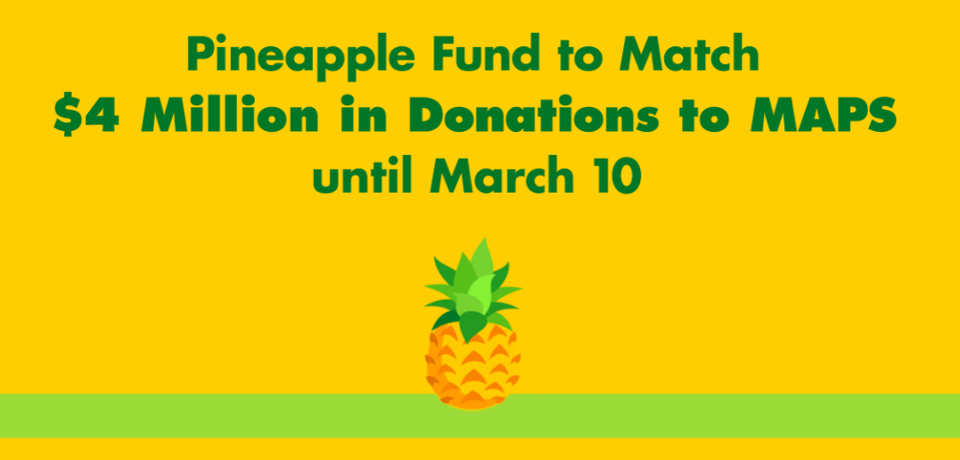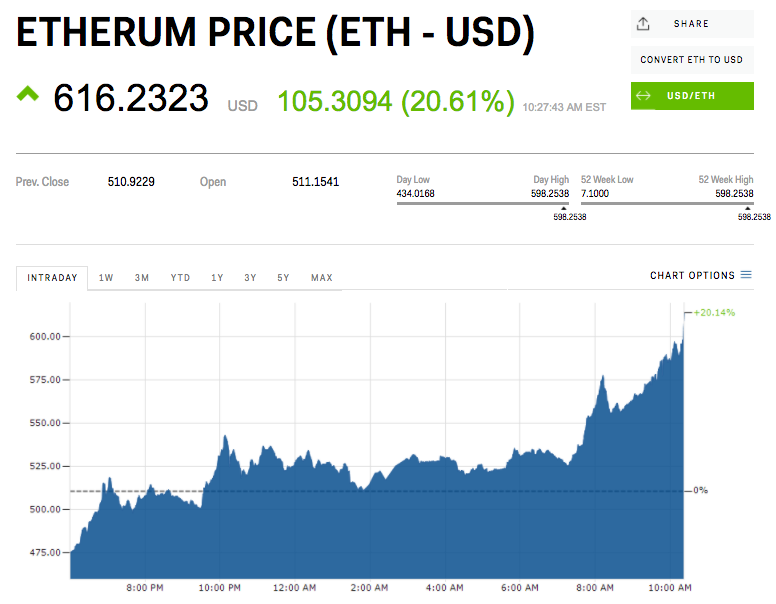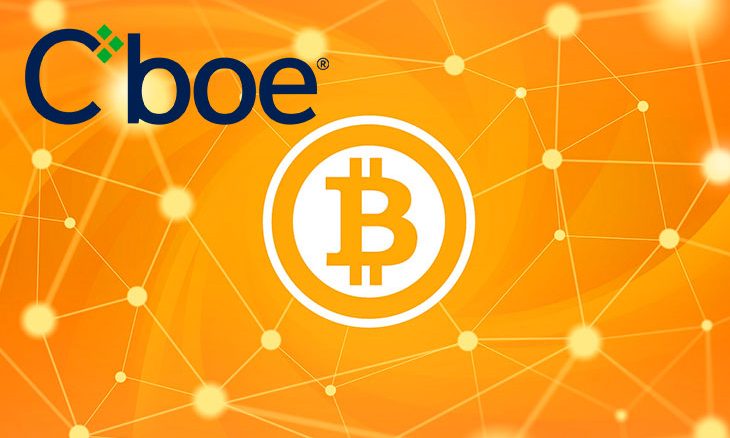Why Hard Forks are Altcoins
If you’ve gotten into crypto in the last 6 months, you are probably confused about the different hard forks that are occurring. There are a lot of different ones in different coins, some resulting in new coins, others seemingly coasting along without any splits. This can be very confusing to a newcomer and it’s probably enough to turn off a great number of people that just don’t want to deal with the complexity.
In this article, I’m going to make distinctions that will hopefully shed light on exactly what hard forks are and why they should be considered altcoins. In order to examine this claim, it helps to first look at the history of altcoins and look at how they came into existence as well as why they were designed the way they were.
In The Beginning…
Bitcoin was the first cryptocurrency to be created and is different than other coins for a variety of reasons. The Bitcoin blockchain, or the ledger that keeps track of what amounts belong to which address, started in January 2009. Bitcoin is the oldest coin by far and is backwards compatible. That is, the software that was used back at the beginning can at least in principle be utilized today.
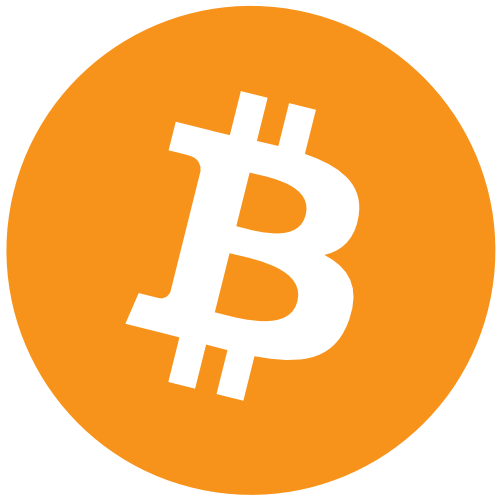
In a sense, Bitcoin has no real peers as nearly everything else is some kind of copy.
Altcoins
Starting in 2011, there were many different coins that started to come into existence for one reason for another. As chronicled in my earlier post, they were perceived to be “fair” based on some attributes the creators made. For example, IxCoin had what’s called a premine, or a bunch of coins set aside for the creators. The coins were meant to compensate the developers, but oftentimes, they’ve been seen as being unfair as the reward was disproportionately large compared to the supply.
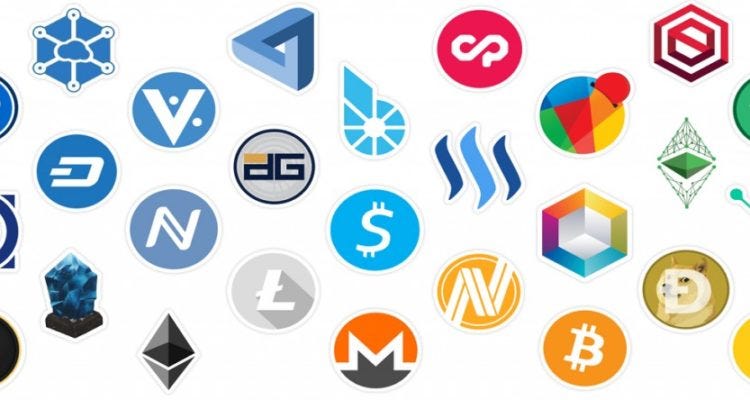
Other coins such as Litecoin and Namecoin were perceived to be more fair, and unsurprisingly had more success. In particular, neither had a premine and were announced ahead of time so anyone could mine either coin.
Another way in which altcoins compensate developers is by having a developer tax. That is, some amount of the block reward goes toward the developers automatically. Zcash is perhaps the most famous of altcoins that employs this.
Source/More: Why Hard Forks are Altcoins – Jimmy Song – Medium










